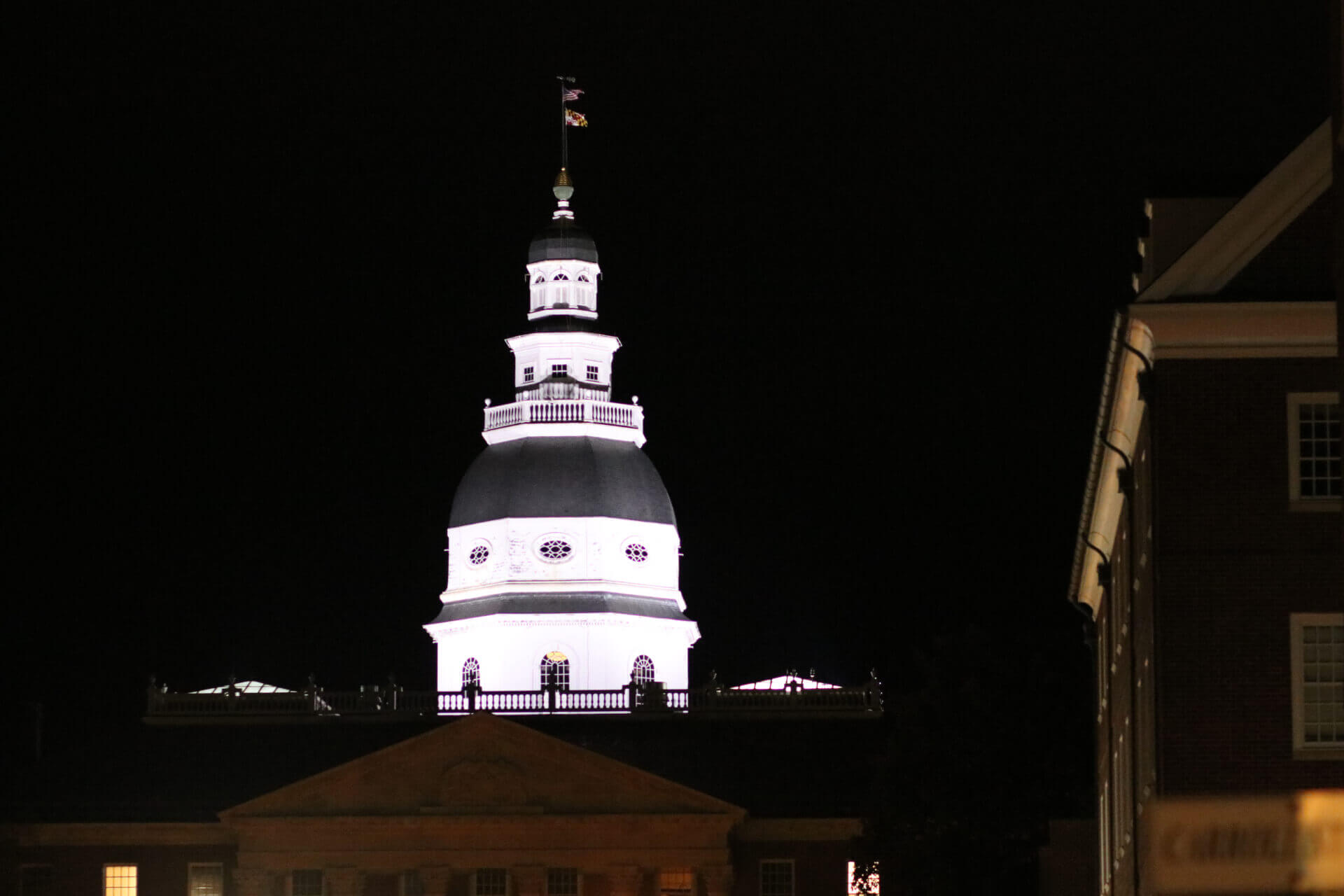Commentary: Collaborative problem solving can save taxpayer dollars

By Karl Bickel
The writer is a retired U.S. Department of Justice senior policy analyst, previously second in command of the Frederick County Sheriff’s Office, formerly with a major city police department and former assistant professor of criminal justice. He can be reached at [email protected].
Now that summer has drawn to a close and legislators, government officials, nonprofits and service providers turn their attention to the 2024 legislative session in Annapolis, proposing legislative initiatives to address issues of crime, childhood poverty, education and more will be on their minds.
According to the Department of Legislative Services, when the 2024 session opens, lawmakers will be faced with a structural budget deficit even before they have a chance to take off their hats and coats and get down to the business of appropriating taxpayer dollars. The financial picture isn’t expected to improve through the year 2028 with projected revenue increases of 3% falling short of the expected growth in expenditures of 5%.
How then, in the face of such deficits, can lawmakers best serve Maryland? They can foster collaboration among service providers, reward those who join forces with funding, and require accountability. In another life, so to speak, I oversaw training and technical assistance programs designed to operationalize community policing. At the heart of community policing is a philosophy grounded in police and community stakeholders building collaborative partnerships to solve crime and public order problems. As with many such programs, some were exemplary successes and some, well not so much. One common thread among those that did well was a strong sense of collaboration among stakeholders.
Encouraging collaboration among those who are working to solve problems of poverty, poor educational outcomes, homelessness, and joblessness, all of which contribute to crime and disorder, can reap big dividends when all parties are pulling in the same direction while sharing limited resources. This is increasingly important this year as our legislators work with limited taxpayer dollars to fund our state services over the next fiscal year.
Collaboration can be used to unite powerful resources to solve problems and address critical community issues. Using collaborative partnerships and working together with other community leaders, state, county and municipal governments as well as nongovernmental organizations can result in innovative solutions to complex social problems. Replicable programs and models can be developed that enhance the well-being of all Marylanders, leaving no one behind.
When you want to get to the root of a criminal enterprise you follow the money trail. Experience has also taught us that to encourage collaborative partnering, to break down competing silos, and to reduce expensive kingdom building, lawmakers can create a money trail of state funding opportunities that brings stakeholders together to share limited resources.
Rather than having local governments, non-governmental organizations, academic institutions, and other service providers compete for the limited funds that will be available next year, lawmakers should encourage cooperation over competition by giving first preference to collaborative partnerships made up of stakeholder groups. Duplication of effort can be eliminated, and a synergy can be created that increases innovation and improves efficiencies while getting more in return for the taxpayer dollars invested.
An evaluation requirement should accompany any new appropriation that outlines the rationale for the funding as well as the determination of success or failure. Data-driven decision making is required today. The time has come to ensure that appropriate data is gathered, and government funded projects and services are accompanied by ongoing and objective evaluations that determine levels of success or failure.
At a time when projections regarding future financial resources are less than encouraging, it is even more important to make sure limited tax dollars are used wisely.
Let this legislative session be about building problem-solving partnerships, the year that places the emphasis on collaboration and accountability over competition in order to get the most out of our limited resources.




 Creative Commons Attribution
Creative Commons Attribution